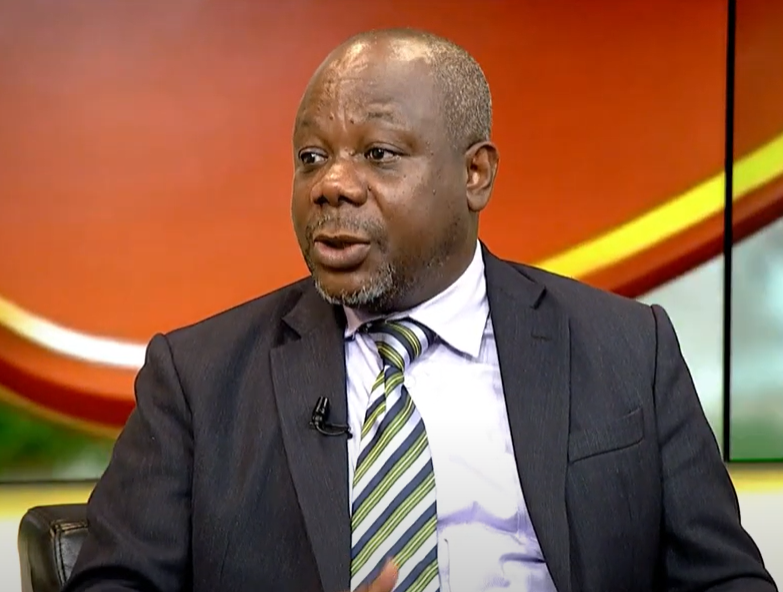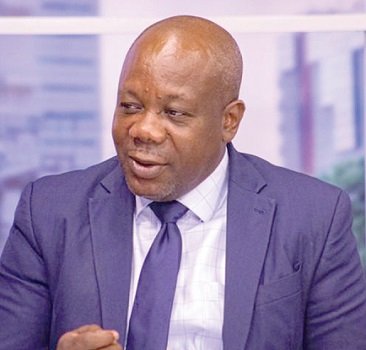Theophilus Dzimega, a member of the National Democratic Congress (NDC) Communications team, has said the Ghana Armed Forces (GAF) should not be overly criticised for their delayed response to the Z-9 helicopter crash on Wednesday, August 6, 2025.
The accident, which sparked widespread public concern, drew attention not only to the timing of the military’s arrival at the crash site but also to the circumstances that allowed civilians to converge on the scene before security personnel fully secured it.
Many citizens questioned why military rescue operations were not initiated immediately. Others expressed worry that the presence of civilians at the crash site before authorities had secured the area could lead to evidence being tampered with, potentially affecting the investigation into the cause of the incident.
Despite acknowledging that the concerns of Ghanaians who were troubled by the perception of slow military action was valid, Dzimega argued that the core of the issue lies in the limitations of the Armed Forces’ resources and not in negligence.

“Currently, we cannot fault the Army so much. To whom much is given, much is expected. What have we given them that we are expecting so much of them? The Ghana Armed Forces has only two helicopters flying, that is sad”
Theophilus Dzimega, NDC Communications Team Member
Dzimega lamented the poor state of the helicopter that carries passengers, citing the lack of maintenance and difficulty finding parts to “service that one.”
According to Dzimega, the lack of equipment severely restricts the GAF’s operational readiness. He noted that the shortage is not limited to the military alone, pointing out that as recently as 2023, the Ghana Police Service had three helicopters that remain unused due to airworthiness issues.
He stated that these constraints make it unrealistic to expect rapid response capabilities from these agencies in the face of emergencies like the recent crash. “So I think that we should pull back,” he said.
Dzimega urged that such concerns must always be weighed against the logistical challenges the Armed Forces face daily. He explained that without the necessary tools and resources, immediate deployment to crash sites is not always possible, and harsh public criticism, unfair.

Improving Military Communication
While defending the GAF’s operational constraints, Dzimega suggested that the Armed Forces could have handled public communications more effectively after the August 6 military helicopter crash.
He said timely media engagement could have helped manage public expectations and reduce speculation.
“The Ghana Armed Forces must be proactive in terms of its media engagement instead of just issuing once a while statements. They could have organised press conferences and answered a few questions and left the rest to the report as we are all expecting”
Theophilus Dzimega, NDC Communications Team Member
He advocated adopting a more open and responsive communication strategy by the military moving on, especially regular press briefings during ongoing emergencies, to smother public speculation and prevent key points from being lost in translation by third parties.
The Z9 helicopter crash has reignited conversations about Ghana’s investment in military and emergency response infrastructure.

Dzimega’s comments underscore the need for sustained funding, proper maintenance of equipment, and strategic planning to ensure the nation’s security forces can respond swiftly and effectively in times of crisis.
The incident also highlights the importance of coordinated communication between security agencies and the public, especially in situations that draw widespread national attention. While Dzimega urged patience and understanding toward the Armed Forces, his remarks also pointed to systemic gaps that need urgent attention if Ghana is to improve its disaster response capacity.
As investigations into the crash continue, the debate over resource allocation and operational efficiency within the country’s security services is likely to intensify.
For many Ghanaians, the tragedy has raised difficult but necessary questions about preparedness, accountability, and the balance between expectation and capacity.
READ MORE: Government’s 2025 Deficit Target at Risk Despite Strong First-Half Expenditure Restraint























